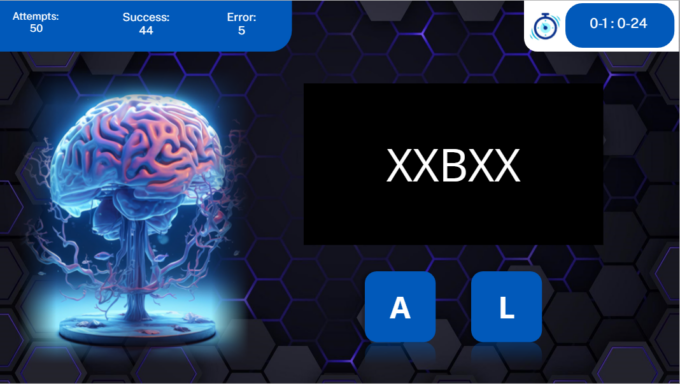How did it go? The Mind Balance game is a test of one of the most foundational leadership skills – attentional control. Attentional control is the ability to resist distractors and ignore interference to concentrate on what’s important. It regulates cognitive, emotional, and behavioral choices.
Attentional control has become increasingly important for leaders bombarded by a wealth of information from the digital world. “A wealth of information creates a poverty of attention,” decision-making expert Herbert Simon pointed out in 1971.
At the same time, information abounds, and our jobs are becoming more diverse and heterogeneous. As leaders, we need to switch focus more often which may distract us from deep thought. On top of that, we need to navigate complexity as today’s business environment increasingly involves ambiguous and novel problems with no clear solution.
Without attentional control, we as leaders may be prone to letting our emotions take over and making rash…



